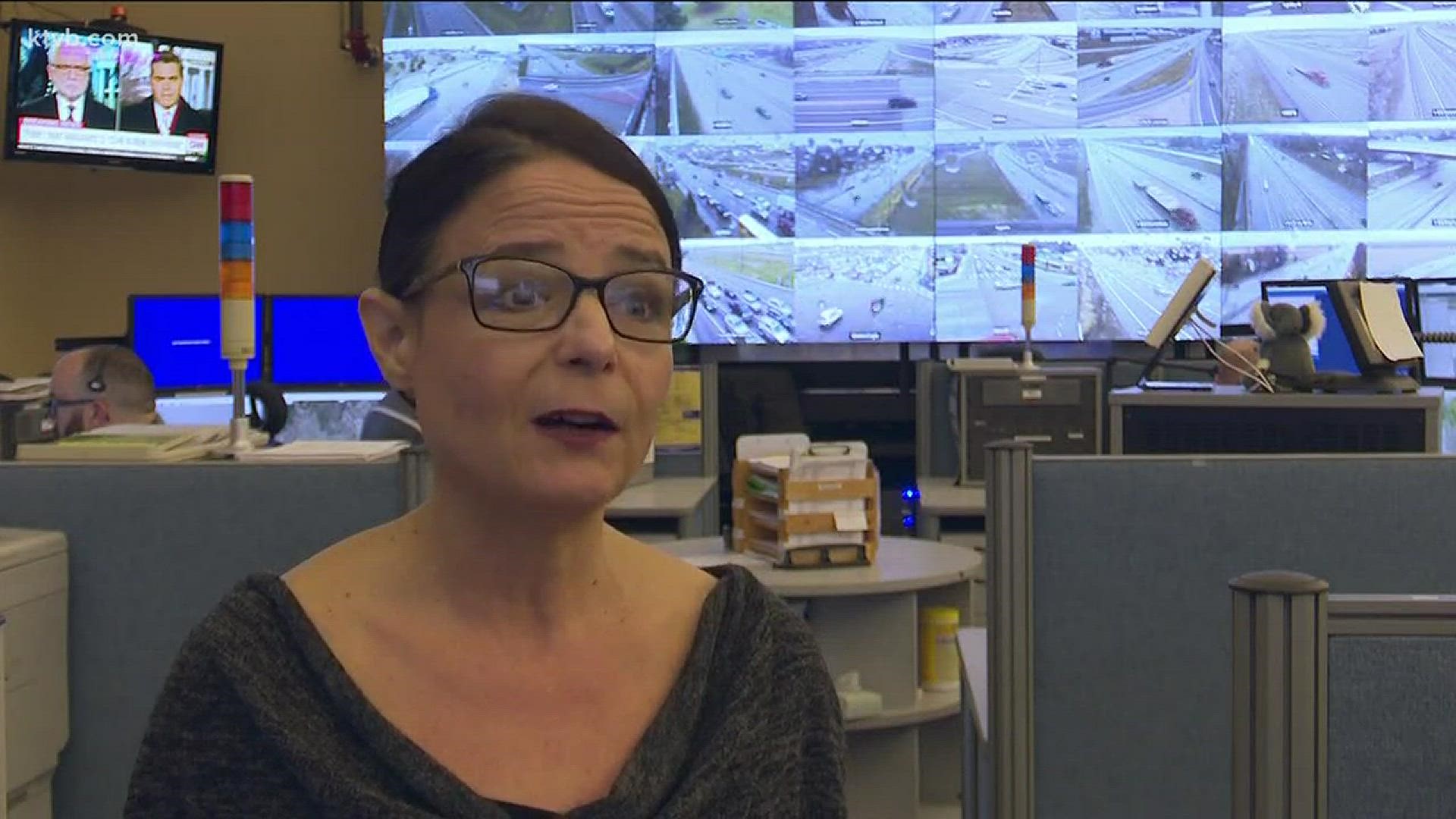A false alarm about an inbound missile that sent people into a panic in Hawaii has many people wondering about state emergency alert systems.
These systems vary state to state. In Idaho, the Idaho State EMS Center, also known as State Comm, is the agency responsible for sending out these alerts.
Michele Carreras, manager for State Comm, said the system used in the Gem State wouldn't allow an error like the one in Hawaii.
“It's a lot more involved than just hitting a button,” she said.
There are no pre-generated messages. Only templates that need to be filled out each time making it a multi-step process.
“We use a web-based program called Alert Sense,” Carreras said. “In that system, there are very different templates that we will have to go in and fill out. We fill out the entire message of the alert and then we will select whether that is going out countywide, regionally-wide or statewide.
The message then goes out over TV, radio and via text.
Another step in the process, State Comm sends these out at the request of other agencies.
“That request would come into the comm center. We would authenticate the person that is requesting it,” Carreras said. “Those requests either have to come in through the Idaho Office of Emergency Management, county emergency mangers or law enforcement.“
State Comm is responsible for sending out AMBER Alerts, warnings of natural disasters -- like fires or flooding -- and works with the National Alert Warning System. That system created by FEMA in the 1950s to alert the states of a nuclear threat.
"If a nuclear threat was coming to the United States and we were made aware of that we would be in instant communication with the Office of Emergency Management, and with their guidance we would determine what type of alert would go out," Carreras said.
“Most people want to be informed about as much important information as they can,” said Elizabeth Duncan, a spokesperson for Idaho Office of Emergency Management. “Weather, disasters -- natural or manmade -- and so we encourage people to use the resources available.”

